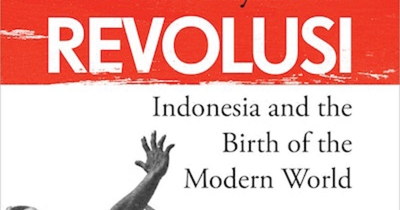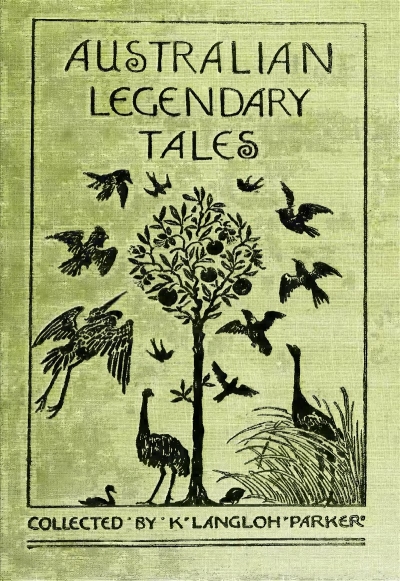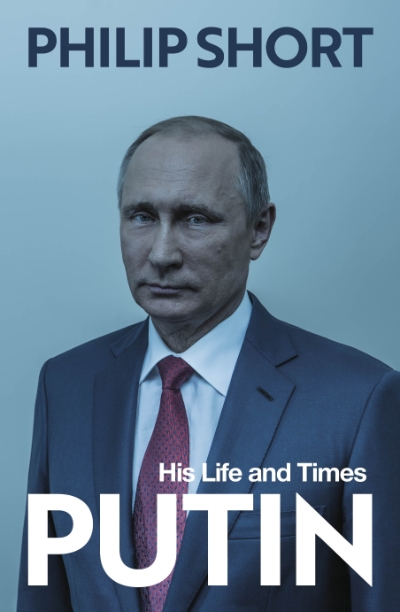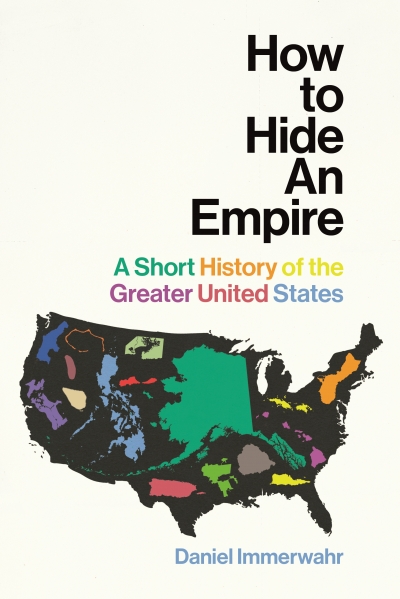Bodley Head
November 1942: An intimate history of the turning point of the Second World War by Peter Englund, translated from the Swedish by Peter Graves
by Joan Beaumont •
Revolusi: Indonesia and the birth of the modern world by David Van Reybrouck, translated from the Dutch by David Colmer and David McKay
by Max Walden •
Every Man for Himself and God Against All by Werner Herzog, translated by Michael Hofmann
by Corey Cribb •
Imperial Island: A history of empire in modern Britain by Charlotte Lydia Riley
by Jon Piccini •
Technofeudalism: What killed capitalism by Yanis Varoufakis
by Nathan Hollier •
The Interest: How the British establishment resisted the abolition of slavery by Michael Taylor
by Georgina Arnott •










